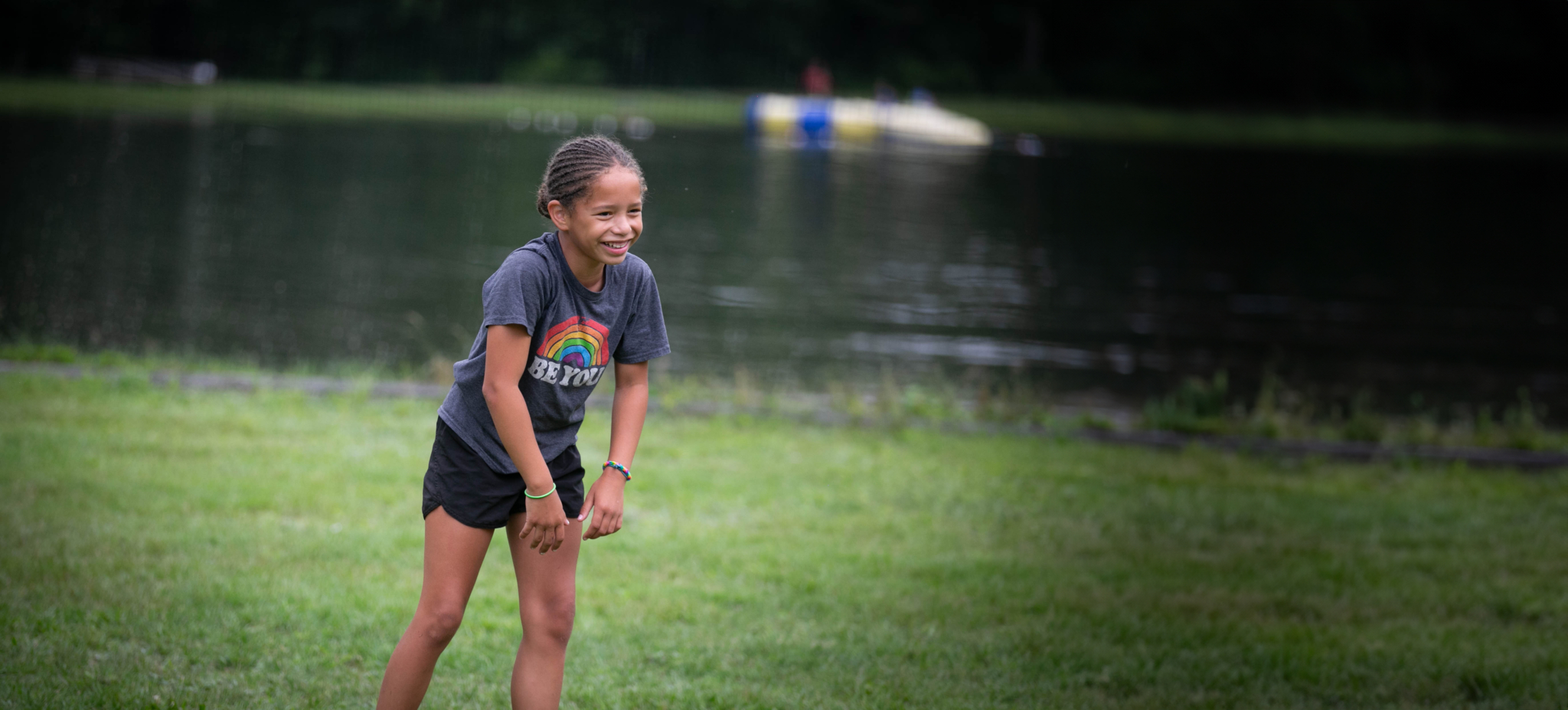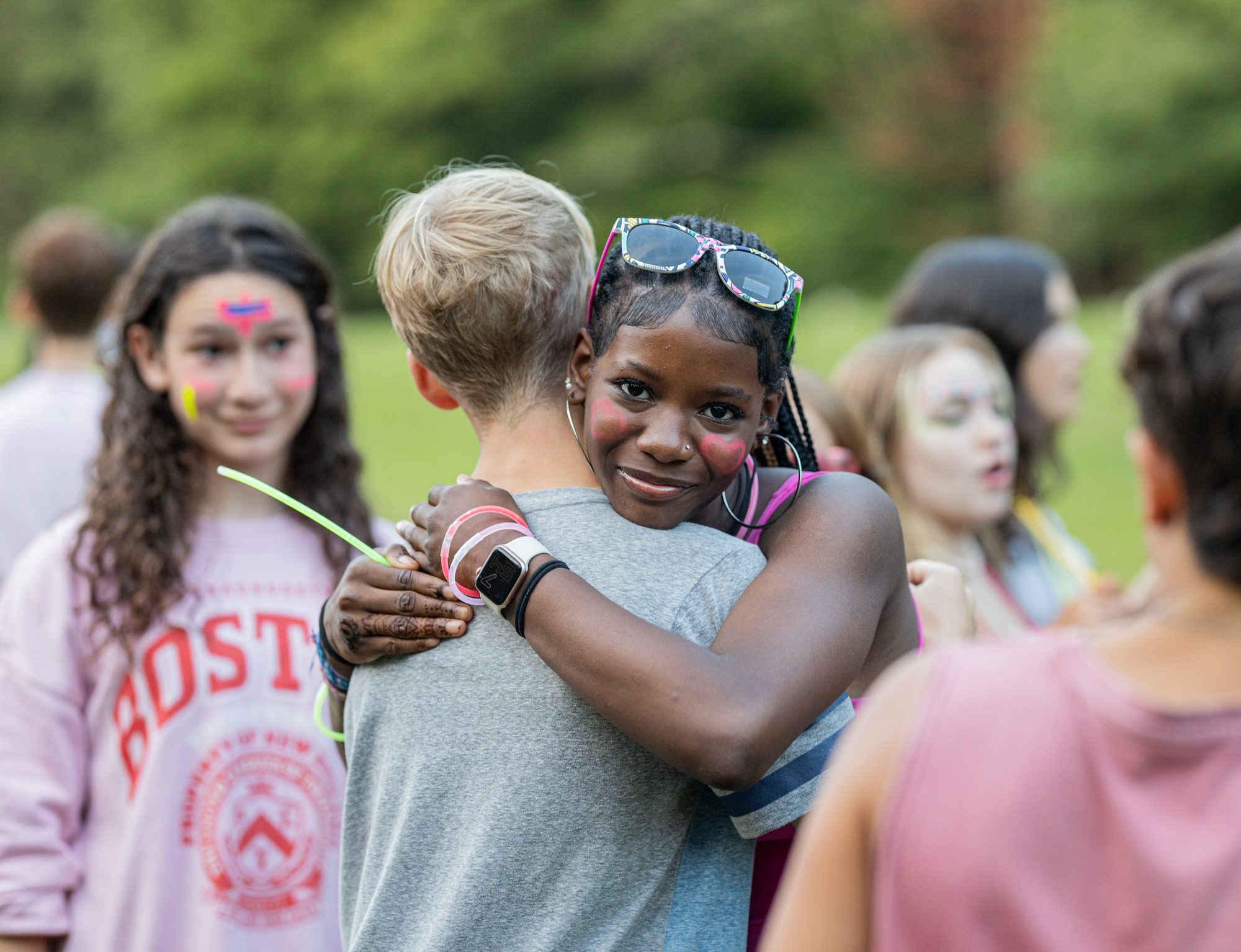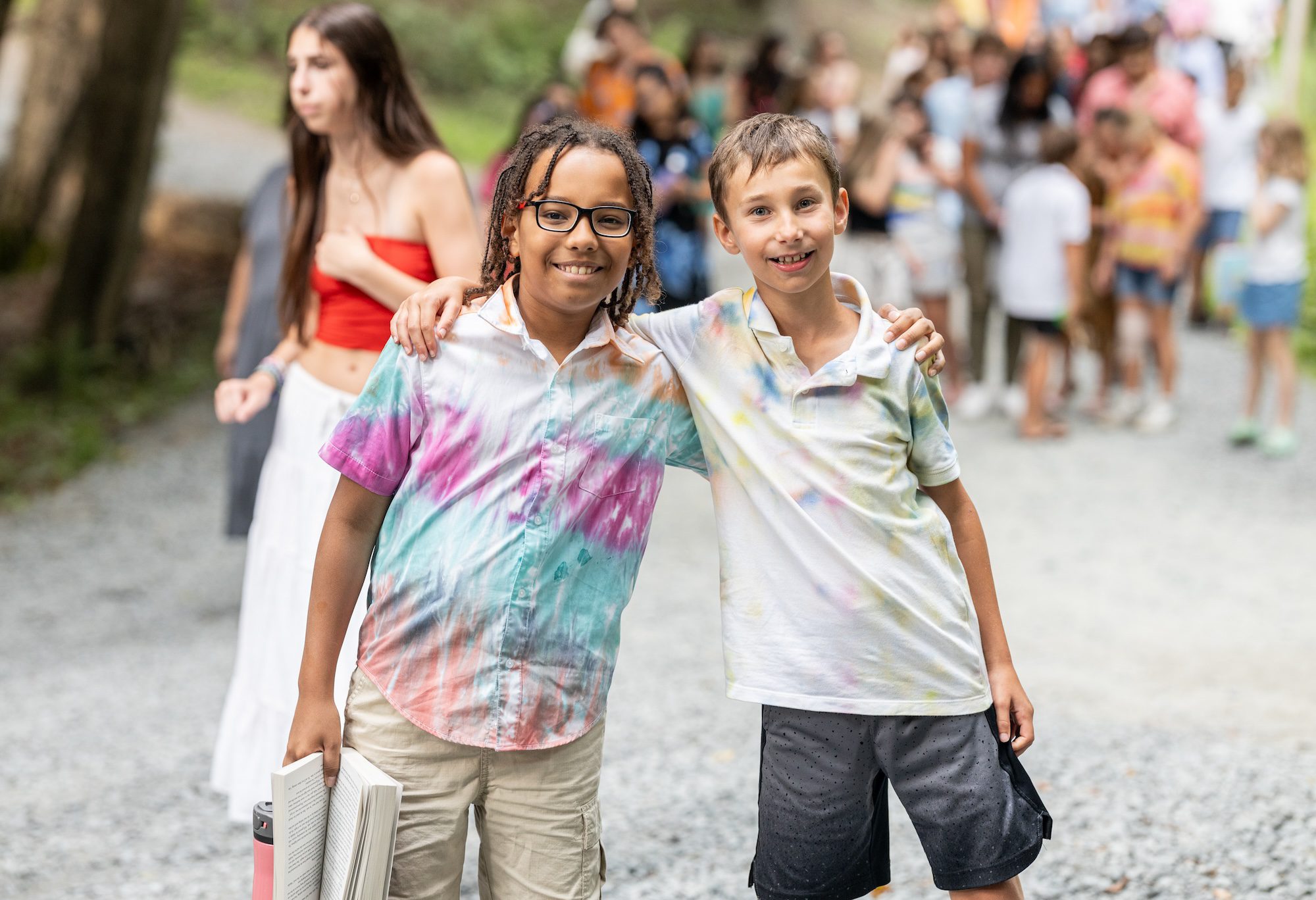
It’s that moment of total comfort, warmth, and love – when we see one another, and are seen, for exactly who we are. At Havaya, this is the water we strive to swim in; we aim for it to be integral and infused into all we do. We are committed to representation and to celebrating lived experience, and we recognize the powerful and organic ways these can bring more dignity, justice, and joy to our work and our world.


This isn’t easy – and it doesn’t just happen on its own. It’s something we work on day-in-and-day-out. We don’t always get it right and, when we do, our successes are thanks in large part to the ways campers, staff, and families partner with us in the work. We believe that supporting each other to achieve individual successes will only strengthen all of us as a collective; a visitor a number of years ago described this well when they called us a place where kids could be “who they are, as they are.” We’re proud to have community members of different races, genders, sexualities, religious backgrounds, abilities, and socio-economic statuses. For many of our families, this may be the most diverse community they are part of … or, at least, the most diverse Jewish community.
A word about language: When people talk about diversity or difference, it is often framed as being about including “diverse people” in the community. Here’s the problem: people are not diverse, communities are. Aida Mariam Davis, Founder of Decolonize Design, suggests that this framework ultimately serves to “other” the very people it intends to support; it perpetuates an us/them model that is not at all in keeping with the world we want to create. She recommends thinking about diversity in terms of belonging, dignity, justice, and joy (BDJJ) – all things that speak to the core needs we all share, whether our identities have been historically centered or on the margins.
The summer will be here before you know it and we know there may be a lot of questions. We’re happy to help!